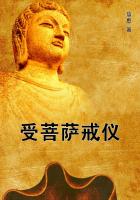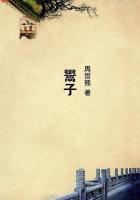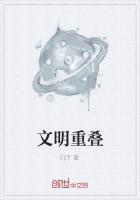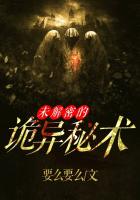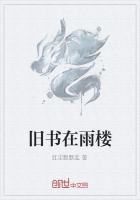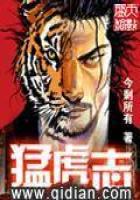FEW mediaeval heroes are so widely known as William Tell. His exploits have been celebrated by one of the greatest poets and one of the most popular musicians of modern times. They are doubtless familiar to many who have never heard of Stauffacher or Winkelried, who are quite ignorant of the prowess of Roland, and to whom Arthur and Lancelot, nay, even Charlemagne, are but empty names.
Nevertheless, in spite of his vast reputation, it is very likely that no such person as William Tell ever existed, and it is certain that the story of his shooting the apple from his son's head has no historical value whatever. In spite of the wrath of unlearned but patriotic Swiss, especially of those of the cicerone class, this conclusion is forced upon us as soon as we begin to study the legend in accordance with the canons of modern historical criticism. It is useless to point to Tell's lime-tree, standing to-day in the centre of the market-place at Altdorf, or to quote for our confusion his crossbow preserved in the arsenal at Zurich, as unimpeachable witnesses to the truth of the story. It is in vain that we are told, "The bricks are alive to this day to testify to it;therefore, deny it not." These proofs are not more valid than the handkerchief of St. Veronica, or the fragments of the true cross. For if relics are to be received as evidence, we must needs admit the truth of every miracle narrated by the Bollandists.
The earliest work which makes any allusion to the adventures of William Tell is the chronicle of the younger Melchior Russ, written in 1482. As the shooting of the apple was supposed to have taken place in 1296, this leaves an interval of one hundred and eighty-six years, during which neither a Tell, nor a William, nor the apple, nor the cruelty of Gessler, received any mention. It may also be observed, parenthetically, that the charters of Kussenach, when examined, show that no man by the name of Gessler ever ruled there. The chroniclers of the fifteenth century, Faber and Hammerlin, who minutely describe the tyrannical acts by which the Duke of Austria goaded the Swiss to rebellion, do not once mention Tell's name, or betray the slightest acquaintance with his exploits or with his existence. In the Zurich chronicle of 1479 he is not alluded to. But we have still better negative evidence. John of Winterthur, one of the best chroniclers of the Middle Ages, was living at the time of the battle of Morgarten (1315), at which his father was present. He tells us how, on the evening of that dreadful day, he saw Duke Leopold himself in his flight from the fatal field, half dead with fear. He describes, with the loving minuteness of a contemporary, all the incidents of the Swiss revolution, but nowhere does he say a word about William Tell. This is sufficiently conclusive.
These mediaeval chroniclers, who never failed to go out of their way after a bit of the epigrammatic and marvellous, who thought far more of a pointed story than of historical credibility, would never have kept silent about the adventures of Tell, if they had known anything about them.
After this, it is not surprising to find that no two authors who describe the deeds of William Tell agree in the details of topography and chronology. Such discrepancies never fail to confront us when we leave the solid ground of history and begin to deal with floating legends. Yet, if the story be not historical, what could have been its origin? To answer this question we must considerably expand the discussion.
The first author of any celebrity who doubted the story of William Tell was Guillimann, in his work on Swiss Antiquities, published in 1598. He calls the story a pure fable, but, nevertheless, eating his words, concludes by proclaiming his belief in it, because the tale is so popular! Undoubtedly he acted a wise part; for, in 1760, as we are told, Uriel Freudenberger was condemned by the canton of Uri to be burnt alive, for publishing his opinion that the legend of Tell had a Danish origin.[1]
[1] See Delepierre, Historical Difficulties, p. 75.
The bold heretic was substantially right, however, like so many other heretics, earlier and later. The Danish account of Tell is given as follows, by Saxo Grammaticus:--"A certain Palnatoki, for some time among King Harold's body-guard, had made his bravery odious to very many of his fellow-soldiers by the zeal with which he surpassed them in the discharge of his duty. This man once, when talking tipsily over his cups, had boasted that he was so skilled an archer that he could hit the smallest apple placed a long way off on a wand at the first shot; which talk, caught up at first by the ears of backbiters, soon came to the hearing of the king.

